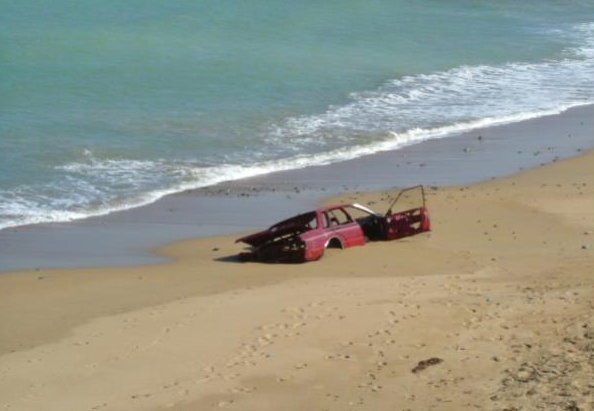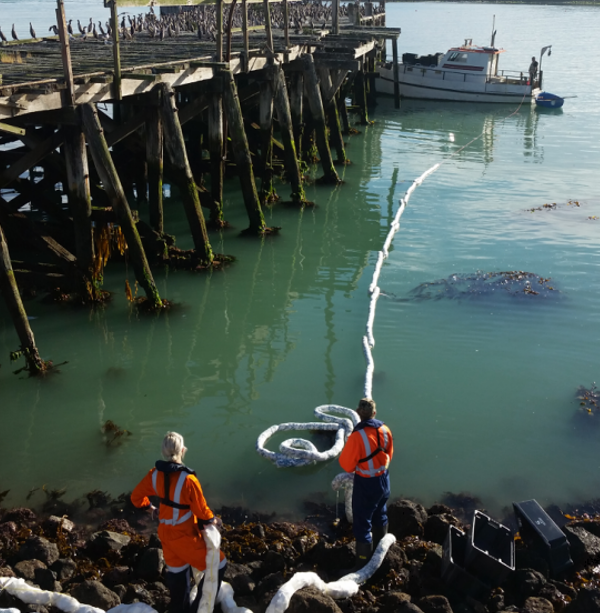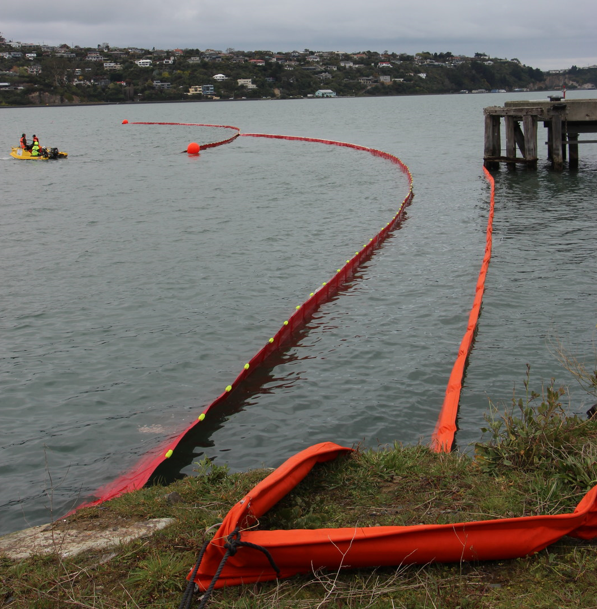Our ocean, beaches and dunes are a sensitive environment, which is vulnerable to disturbance and pollution. Otago Regional Council’s environmental compliance team ensure that marine pollution is minimised by putting the policies and rules of our coastal plan into effect.
When we receive notice of marine pollution, we get to the site as quickly as we can. We will make sure the pollution is removed, and conduct an investigation to find the source. The most common instances of marine pollution we respond to are discharges of contaminants into the coastal marine area. This can be anything from general rubbish, chemicals, oil or sediment. We often find that contaminants come from a storm water drain, as many people are unaware that roadside drains usually discharge directly to the coast, or to a waterway which will eventually lead there. We work closely with the Dunedin City Council to monitor the quality of the storm water and waste water that the coastal environment receives.
Our team are trained Maritime New Zealand oil spill responders, in both spill response operations and wildlife response. This means if and when oil spills occur on our coast, we are able to quickly contain the spill and prevent wildlife in the area from becoming oiled, or help them to recover if they have been. We have quarterly oil spill exercises in the Otago Harbour to ensure we are well prepared, and are able to be deployed if a major spill were to occur in another region.
As well as discharge pollution, we also respond to instances of illegal foreshore and seabed disturbance, reclamation and illegal structures built in the coastal marine area. Some activities in the coastal marine area require resource consent, such as construction or dredging operations. We regularly audit those who hold resource consents, and work with the consent holders to ensure they are meeting their consent requirements.
We rely a lot on tips from the public, so if you see anything along the coast that doesn’t look okay, get in touch with us at pollution@orc.govt.nz or 0800 800 033.

Above: An unusual challenge to remove this large piece of waste from the beach.

Above: ORC Environmental Officers deploying an absorbent boom to assist in clean-up of a diesel spill.

Above: ORC Environmental Officers deploying a rapid deployment boom in an oil spill exercise.
